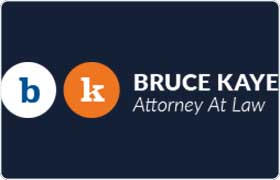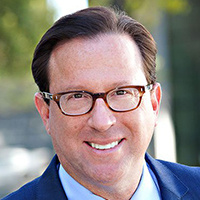Elmo Criminal Lawyer, Texas
Sponsored Law Firm
-
 x
x

Click For More Info:
-
Law Offices Of Bruce C. Kaye
400 N. St. Paul St.1110 Dallas, TX 75201» view mapCriminal Defense Law Changing Lives, One Case At A Time
The best thing about running my own practice is the opportunity to give my clients the individual attention they deserve.
800-920-9461
Houston Madison Smith
Civil Rights, Juvenile Law, Personal Injury, Insurance, Family Law
Status: In Good Standing Licensed: 36 Years
Lenda Bush Burnett
Family Law, Juvenile Law, Wills, Criminal
Status: In Good Standing Licensed: 39 Years
Howard V. Tygrett
Criminal, Business & Trade, Credit & Debt, Litigation
Status: In Good Standing Licensed: 60 Years
Maranatha Jones Lingerfelt
Commercial Real Estate, Wills, Family Law, Criminal
Status: In Good Standing Licensed: 16 Years
Gil J. Altom Jr.
Medical Malpractice, Divorce & Family Law, Criminal, Wills & Probate
Status: In Good Standing
Stephen Joseph Russell
Family Law, Divorce & Family Law, Criminal
Status: In Good Standing Licensed: 26 Years
 Bruce Kaye Dallas, TX
Bruce Kaye Dallas, TX
